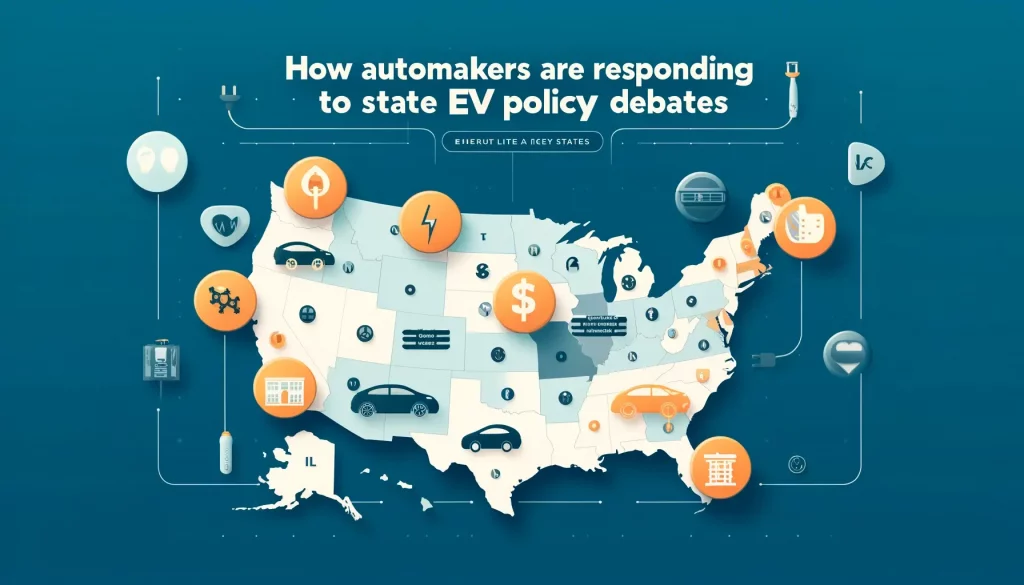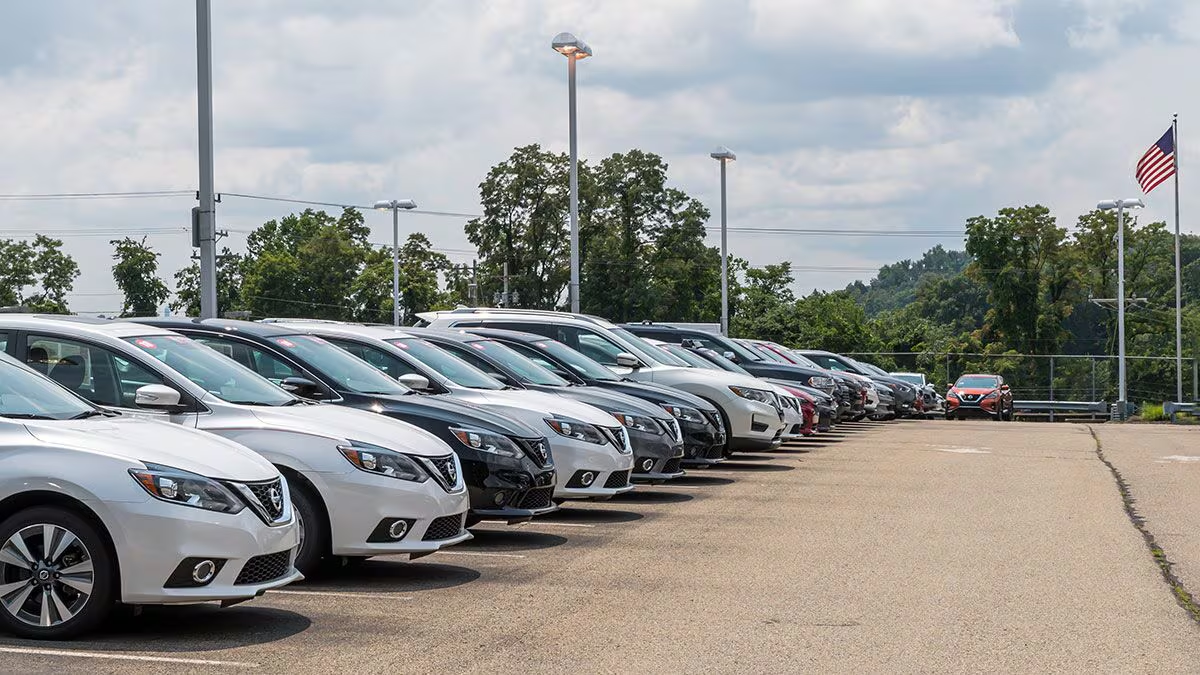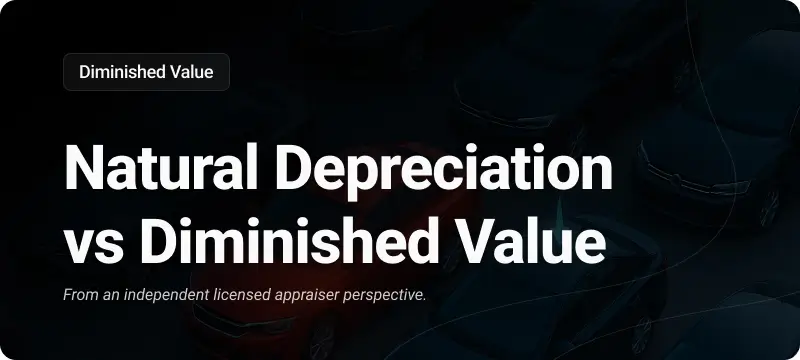Automakers are no longer just sitting on the sidelines as states debate policies on electric vehicles (EVs). They’re diving into legislative discussions, influencing everything from infrastructure funding to housing requirements. This article explores how automakers are responding to these complex policy debates and what it means for the future of EV adoption.

How Automakers Are Responding to State EV Policy Debates (PDF)
Automakers and State EV Policies
Automakers have a vested interest in state EV policies. The transition to electric vehicles requires not just manufacturing the cars but also ensuring there’s a supportive infrastructure and regulatory environment. Here are some key areas where automakers are making their voices heard:
EV Charging Infrastructure
A major hurdle for widespread EV adoption is the accessibility of charging stations. Automakers are pushing for legislation that simplifies the installation of EV chargers, particularly in multifamily residences and communal spaces.
| State | Policy | Automaker Response |
|---|---|---|
| California | Streamlining permitting and application processes for curbside charging | Supportive; major automakers like GM and Tesla have lobbied for simpler regulations to expedite installations |
| Michigan | Incentives for installing EV chargers in public spaces | Automakers are partnering with local governments to increase the number of public charging stations |
| Wisconsin | Grants for multifamily housing EV charger installation | Collaborative efforts with developers to integrate charging infrastructure in new housing projects |
EV Purchase Incentives
To boost EV sales, several states are offering purchase incentives. Automakers are lobbying for more comprehensive and accessible incentive programs to make EVs more attractive to consumers.
| State | Incentive | Automaker Response |
|---|---|---|
| Maryland | Additional rebates for EV purchases | Automakers are running marketing campaigns to highlight these rebates and boost sales |
| Delaware | State-level purchase incentives for EVs and plug-in hybrids | Collaborative advertising with state governments to promote the incentives |
| New Mexico | Purchase incentives for new battery-electric and plug-in hybrid vehicles | Automakers are providing additional dealer-level discounts to complement state incentives |
Funding for Roads and Bridges
As more drivers switch to EVs, traditional gasoline taxes, which fund road maintenance, are decreasing. Automakers are engaging in discussions about alternative funding mechanisms to ensure sustainable infrastructure funding.
| State | Proposed Solution | Automaker Response |
|---|---|---|
| Pennsylvania | Charging EV registration fees | Automakers are advocating for reasonable fees that do not discourage EV adoption |
| New Mexico | Considering a mileage-based tax | Supportive of fair tax methods that consider actual vehicle usage rather than flat fees |
| Arizona | State taxes on electricity used for charging EVs | Collaborating on creating a system that is easy to implement and does not penalize EV owners excessively |
Charging at Multifamily Housing
Ensuring that residents of multifamily housing have access to EV chargers is another significant policy debate. Automakers are working with policymakers to mandate the inclusion of charging infrastructure in new housing developments.
| State | Policy | Automaker Response |
|---|---|---|
| Maryland | Requiring EV charging-capable parking spaces in new constructions | Automakers are providing technical support and incentives to developers to integrate charging solutions |
| Delaware | Mandating significant renovations to include EV chargers | Active participation in legislative discussions to ensure practical implementation |
| California | Streamlining processes for adding EV chargers in multifamily units | Automakers are collaborating with housing associations to promote these requirements |
Industry Perspectives
Wayne Weikel, the vice president of state government affairs for the Alliance for Automotive Innovation, highlights the necessity of a comprehensive approach: “Manufacturing EVs is just one piece of the puzzle. We also need to create the right environment around the vehicles to make them viable for consumers.”
Conclusion
Automakers are taking an active role in shaping state policies on EVs. They’re pushing for improved charging infrastructure, advocating for purchase incentives, and exploring sustainable methods for road funding. By doing so, they’re making the shift to electric vehicles smoother and more attractive for consumers. The outcome of these policy debates will significantly impact the speed at which EV adoption grows.
In your opinion, which policy area do you think is most essential for encouraging the adoption of electric vehicles?



